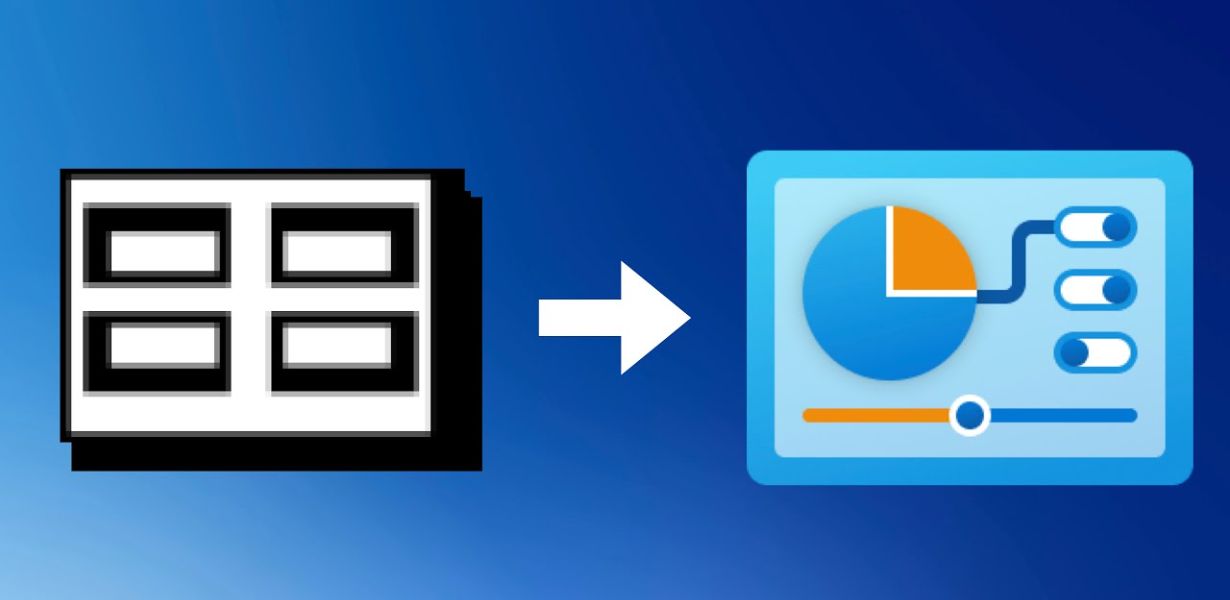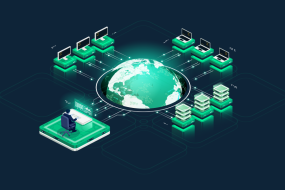
In the realm of technological progress, the evolution of control panels has played a pivotal role in shaping the way we interact with and manage various systems. From the early mechanical control knobs to the sleek touchscreens of today, control panels have come a long way, offering enhanced functionality and user-friendly experiences. In this comprehensive exploration, we will delve into the fascinating journey of control panels, highlighting their significance in different industries and shedding light on their transformation over time.
Understanding the Control Panel
The Genesis of Control Panels
The concept of control panels can be traced back to the industrial revolution when the need for regulating machinery became apparent. Early control panels featured simple mechanical switches and knobs, enabling operators to manipulate industrial processes. These rudimentary interfaces laid the foundation for the complex systems we use today.
The Role of Control Panels
Control panels are integral to a wide range of applications, from manufacturing and industrial automation to HVAC systems and aviation. They serve as the bridge between humans and machines, allowing us to monitor, control, and optimize various processes. Their importance in ensuring efficiency, safety, and precision cannot be overstated.
Evolutionary Milestones
Analog Control Panels
The first significant evolution in control panels came with the transition from purely mechanical interfaces to analog controls. These panels introduced gauges, meters, and analog dials, providing more precise feedback and control. They found extensive use in aircraft cockpits and early industrial machinery.
Digital Control Panels
The digital revolution marked a substantial shift in control panel design. Digital interfaces, featuring LED displays and buttons, allowed for more dynamic and adaptable control. This innovation extended to consumer electronics, automotive dashboards, and home appliances, revolutionizing user experiences.
Touchscreen Control Panels
One of the most remarkable advancements in control panel technology is the adoption of touchscreens. Touch-sensitive displays have become the standard for smartphones, tablets, and even home automation systems. The intuitive nature of touchscreens has made controlling devices more user-friendly and accessible to a broader audience.
Integration with IoT
The internet of things (IoT) has further transformed control panels by enabling remote monitoring and control. Smart home systems, for example, can be managed through mobile apps, while industrial machines can be monitored from anywhere in the world. This integration enhances convenience and efficiency.
AI-Powered Control Panels
Artificial intelligence has brought about a new era in control panel design. AI algorithms analyze data and user behavior to optimize control settings, making devices more adaptive and responsive. This development has led to self-regulating systems that require minimal user intervention.
Holographic Interfaces
In the near future, we can anticipate control panels with holographic displays. This technology will offer immersive and interactive user experiences, particularly in gaming and augmented reality applications. These interfaces will redefine the way we interact with technology.
Commonly Asked Questions
Q1: What are the key components of a control panel?
A1: Control panels typically consist of user interfaces, input devices, microcontrollers, and display screens, all of which work together to manage various systems.
Q2: How have control panels improved industrial processes?
A2: Control panels have enhanced industrial processes by enabling precise control, real-time monitoring, and remote access, resulting in increased efficiency and reduced downtime.
Q3: What industries benefit most from advanced control panels?
A3: Industries such as manufacturing, aerospace, healthcare, and home automation have greatly benefited from advanced control panels due to their diverse applications.
Q4: Are there security concerns with IoT-integrated control panels?
A4: IoT integration raises security concerns, and manufacturers are continually working to address vulnerabilities and ensure data protection.
Q5: What’s the future of control panel technology?
A5: The future holds the promise of even more intuitive and adaptive control panels, with advancements in AI, augmented reality, and sustainable design.
Final Words
The evolution of control panels has been a remarkable journey, one that has significantly impacted various facets of our lives. From simple mechanical switches to the advent of AI-powered interfaces, control panels have adapted and evolved to meet the changing demands of our increasingly complex world. Their role in enhancing efficiency, safety, and user experiences cannot be overstated. As technology continues to advance, we can only imagine what exciting developments lie ahead in the realm of control panels.
Advertisement








